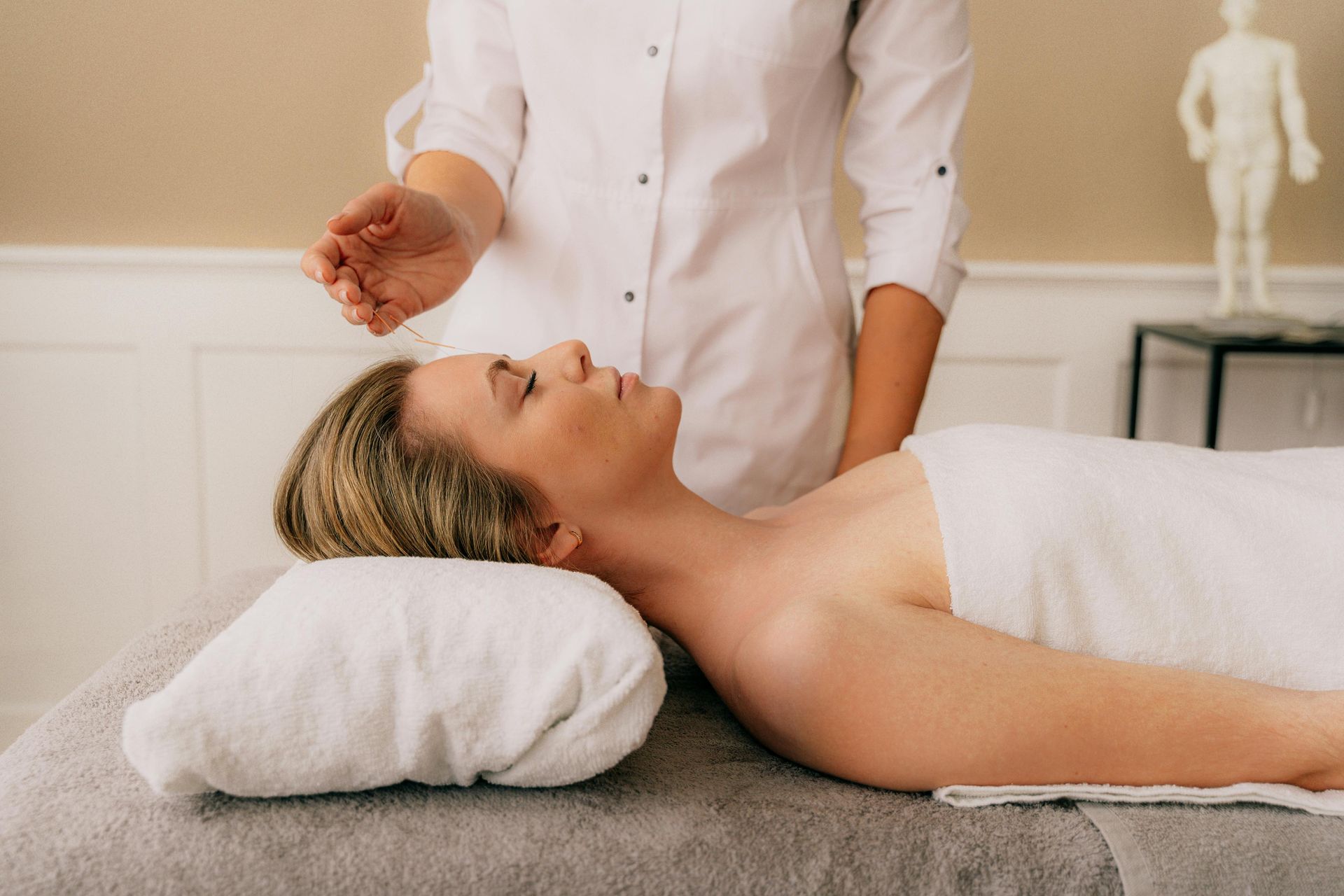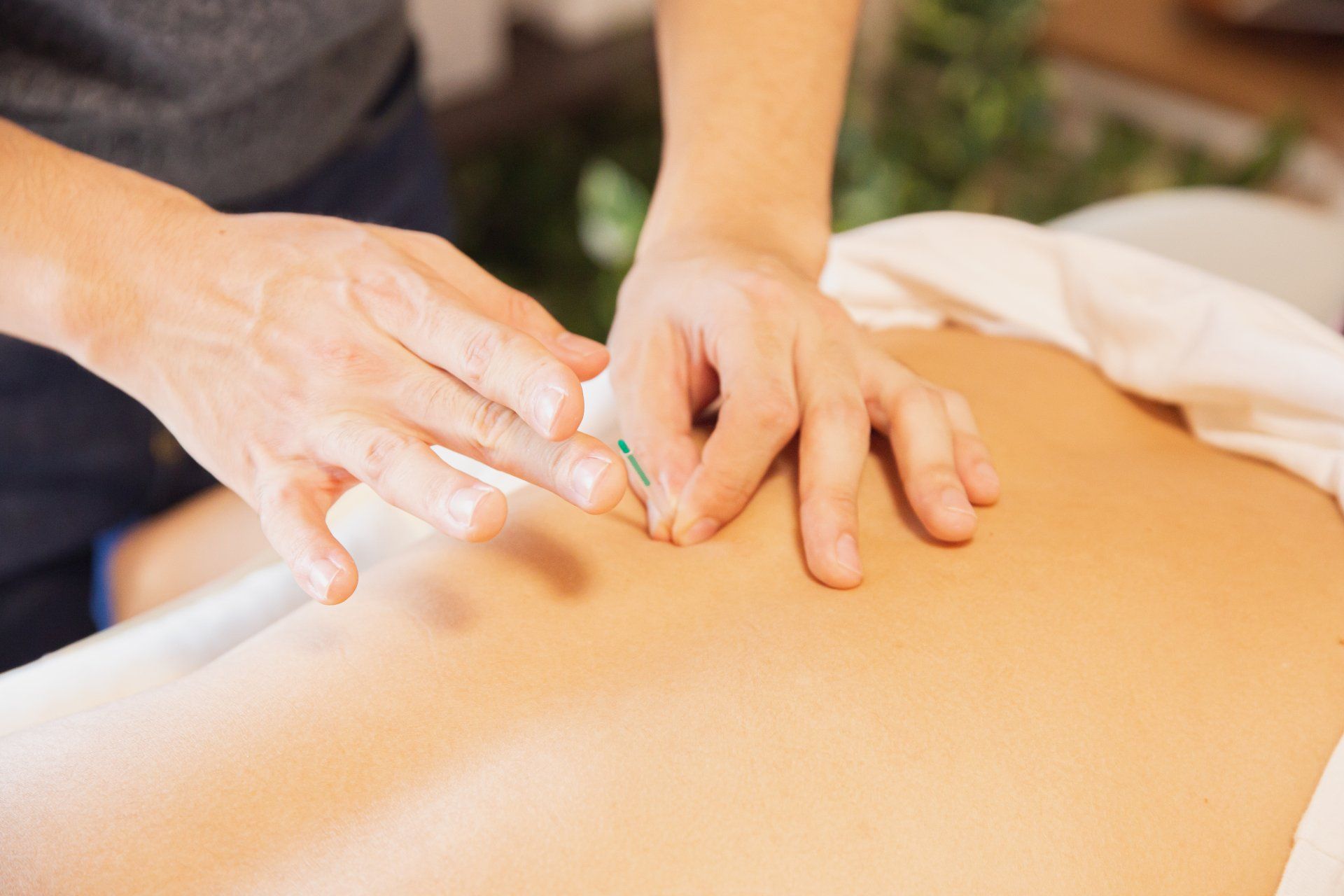Fire-Cupping and Fertility

So, when you go for your weekly fertility acupuncture treatment and your practitioner breaks out the little cups, she’s not proposing a toast (unless you’ve just gotten a + Beta!). When the cups come out, it’s likely she’s looked at your tongue, taken your pulse and identified excess heat or stagnant energy that needs to be shaken up or dispelled from your system.
Fire cupping is a form of traditional medicine found in many cultures around the world. It involves placing cups containing reduced air pressure(suction)onto the skin. The earliest record of cupping is in Ebers Papyrus, one of the oldest medical textbooks in the world. It describes that in 1,550 BC, Egyptians used cupping. Archaeologists have found evidence in China of cupping dating back to 1,000 BC. In ancient Greece, Hippocrates used cupping for internal disease and structural problems.
In traditional Chinese medicine(TCM), cupping is a method of applying acupressure by creating a vacuum on the patient’s skin. The therapy is used to dispel stagnation, stagnant blood and lymph, thereby improving qi flow. Cupping is used to treat respiratory diseases such as common cold, pneumonia and bronchitis. It is also used on back, neck, shoulder and other musculoskeletal conditions. Cupping can be a very useful technique for women going through Assisted Reproductive Technology (ART), too. I use cupping on fertility patients to release excess heat if overstimulation occurs during an IUI or IVF cycle.
The cups themselves are of various shapes and sizes. Plastic and glass are the most common materials used today, replacing the horn, pottery, bronze and bamboo cups used in earlier times. The low air pressure required may be created by heating the cup or the air inside it with an open flame or a bath in hot scented oils, then placing it against the skin. As the air inside the cup cools, it contracts and draws the skin slightly inside. Cups are normally used only on softer tissue that can form a good seal with the edge of the cup. They may be used singly or in large number to cover a larger area. They may be used by themselves or placed over an acupuncture needle. Skin may be lubricated, allowing the cup to be moved across the skin slowly.
Depending on the specific treatment, skin marking is common after the cups are removed. This can vary from a simple red ring that disappears quickly to a bruise that fades within a few days. Gweneth Paltrow has been sighted with cupping marks on her back…smart girl!
About Pam :
Pamela received her Masters Degree in Traditional Chinese Medicine from Southwest Acupuncture College in Santa Fe, N.M. She is nationally certified by the NCCAOM in Oriental Medicine, and is a licensed acupuncturist in the state of Illinois. She received her Bachelors Degree in psychology from SUNY at Stonybrook, N.Y. Additionally, Pamela has studied Chinese Herbal Medicine, Oncology Acupuncture at Memorial Sloan Kettering, N.Y.C., and fertility with Dr. Berkley from The Berkley Center for Reproductive Wellness, N.Y.C.
Pamela is also nationally certified in Chinese Herbal Medicine. Combining herbs with acupuncture, Pamela strives to attain the best possible results with all her patients. Specializing in fertility, Pamela works to restore a mind/body balance to optimize natural conception and assisted reproductive therapy. She is also affiliated with Mercy Hospital.
“There is a soul force in the universe which, if we permit it, will flow through us and produce miraculous results.” Ghandi



